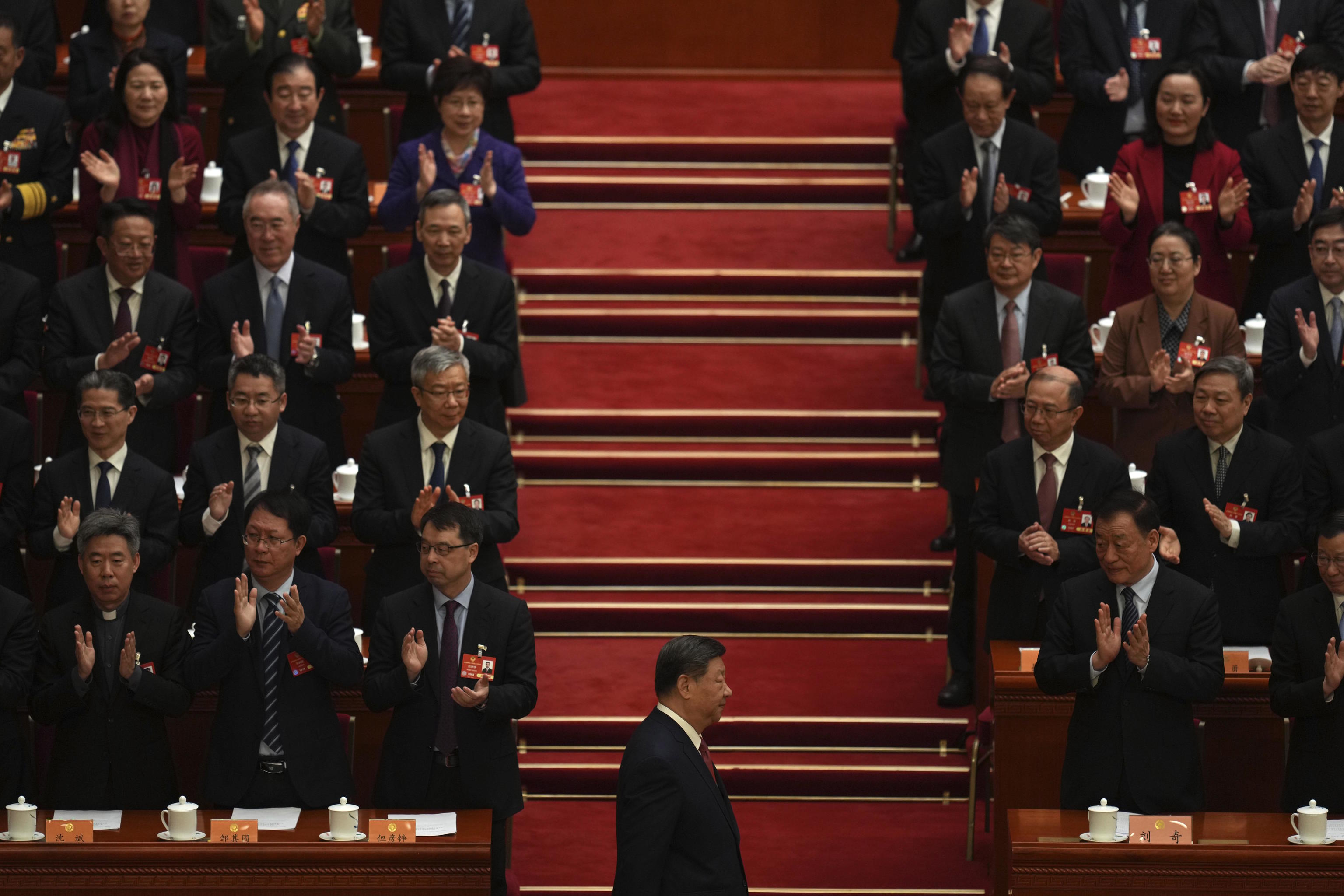A train loaded with 112 containers filled with all kinds of bazaar items, technological products, appliances, car parts, and heavy machinery equipment departed in early March from the Chinese city of Yiwu towards Europe. It will travel over 13,000 kilometers, with its final destination being Madrid after three weeks of travel with several stops. It is one of the longest railway routes in the world, inaugurated in 2014 by Chinese President Xi Jinping and his then Spanish counterpart Mariano Rajoy.
A decade ago, only 23 cargo trains to Europe departed from Yiwu. Last year, there were 1,100. "This route has become a very strong commercial link between China and Spain, helping expand the network of connections between inland China and European markets," stated the main state-owned operator of trains in the giant Asian country, which recently announced the launch of a new cargo railway transit line transporting Chinese products to Europe through the Central Asia corridor, avoiding passing through sanctioned Russia.
Chinese state media are full of news these days praising the commercial relations between Beijing and European countries. Diplomatically, Chinese officials have embarked on a charm offensive towards Europe, claiming China's role as a staunch defender of the global order, the main source of stability for the world economy amid the chaos caused by U.S. President Donald Trump.
While the trade war unleashed by Trump is taking shape, shaking both Beijing and Brussels, the Asian superpower is trying to approach the old continent as a reliable partner rather than an adversary (or a systemic rival, as the EU's official stance indicates), aware that the transatlantic alliance is faltering.
Beijing and Brussels are currently responding with retaliations to Trump's trade war. China has approved an additional 15% tax on U.S. agricultural products, after the U.S. doubled tariffs on Chinese imports to 20%. The Europeans, following the implementation of 25% tariffs on aluminum and steel on Wednesday, have retaliated with levies on U.S. products worth around 26 billion euros.
"When you see how the Trump administration has implemented a brazen and domineering policy towards Europe, treating its allies in this way, honestly, from a European perspective, it's quite appalling," said Lu Shaye, China's special envoy for European affairs, a few days ago.
This statement came after another spokesperson from the Chinese Foreign Ministry, in another visible gesture, insisted that the EU must actively participate in any peace agreement in Ukraine, which should not be dictated solely by the United States and Russia.
Deepening Commercial Ties
In Brussels, there has also been a noticeable softer tone towards the Chinese regime this year from the head of the European Commission, Ursula von der Leyen, openly expressing twice that the bloc should deepen commercial and investment ties, even reaching new agreements.
Last week, as a further sign of thawing relations, the European Parliament lifted a series of restrictions in place since 2023 on meetings between MEPs and some Chinese officials. Hours later, Chinese Foreign Minister Wang Yi, in a very conciliatory tone, elaborated in a press conference on the need for Beijing and Brussels to improve their relations and work together.
"Anyone in their right mind knows that China has been consistent in its European policy by betting on solid relations, despite the EU's strategy to reduce risks. China offers opportunities, not threats. It remains an ideal partner for cooperation," says Ou Shi, a regular political analyst in Chinese media.
Before Trump's noisy intervention, when Antonio Costa took office as President of the European Council in December, he had a phone call with Chinese President Xi Jinping to try to ease tensions over European tariffs on Chinese electric cars. They agreed to hold a summit in May to celebrate the 50 years of diplomatic relations between the European Union and China. Earlier this month, the EU's trade chief, Maros Sefcovic, will travel to Beijing to see how far this rapprochement goes in the face of Trump's trade blows.
